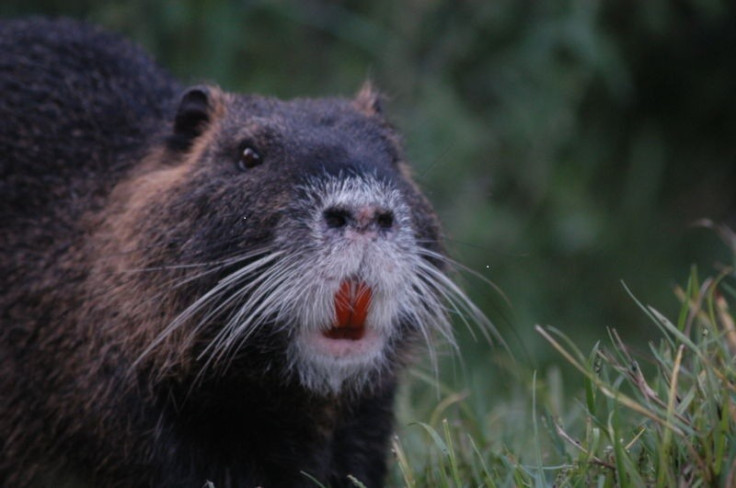Giant swamp rats are taking over a park in Texas
Louisiana and California are asking for £9.1 million yearly funding to help battle the growing swamp rat colonies that cause damage to agriculture
A swarm of giant swamp rats are currently invading an area around Krauss Baker Park in Fort Worth, Texas. Local park authorities said the colony of swamp rats started to form around the vicinity in the past year. Wildlife officials have expressed concern about the damage the animals can inflict to the local ecosystem and water supply if their population continues to increase.
In a video report by WFAA, Wildlife experts have issued warnings to the public this week not to feed the colony since doing this encourages the growth of these creatures also known as nutrias. These swamp rats pose a risk of potentially spreading parasites to bodies of water surrounding the area. This could easily lead to human infections if the water is used for drinking or recreation.
Swamp rats are quite similar to beavers that have brown fur, long orange teeth, webbed hind feet and a flat tail. They consume about 25 percent of their body weight per day. Large colonies will eventually lead to a decrease in the quality of water and destruction of other local animal habitats and supporting vegetation. Breeding certainly brings the threat of an area being overtaken very quickly as females can easily produce up to 200 offspring yearly.
Local residents seemingly confused about the creatures could be feeding them, thinking they might be beavers. The gang of nutrias that seem to have taken over the park were seen eating pet food pellets that were left alongside a group of ducks.
Wildlife biologist Rachel Richter says these rodents, if left uncontrolled, can lead to erosion, destabilised banks and decreased water quality.
"They are also vectors for pathogens and parasites that could contaminate a water body and potentially infect people." Richter said.
Richter believes that there are currently around 20 swamp rats in Krauss Baker Park that are being well fed by the regular park crowd.
As of this time, the city of Fort Worth says they are closely monitoring the situation.
Apparently, swamp rats are not just a problem in Texas but in other states as well . California and Louisiana representatives of Congress and senators are vying for funding to help control the giant rodent invasion that pose a big threat to their agriculture. Louisiana has an estimated 5 million strong swamp rat population even though hunters are paid to cull them. California Senator Dianne Feinstein has also called on the US government to up the budget allotted to deal with the nutria problem. Senator Feinstein and Louisiana Senator John N. Kennedy are asking for $12 milion (£9.1 million) a year to battle the growing number of nutria colonies.

© Copyright IBTimes 2024. All rights reserved.





